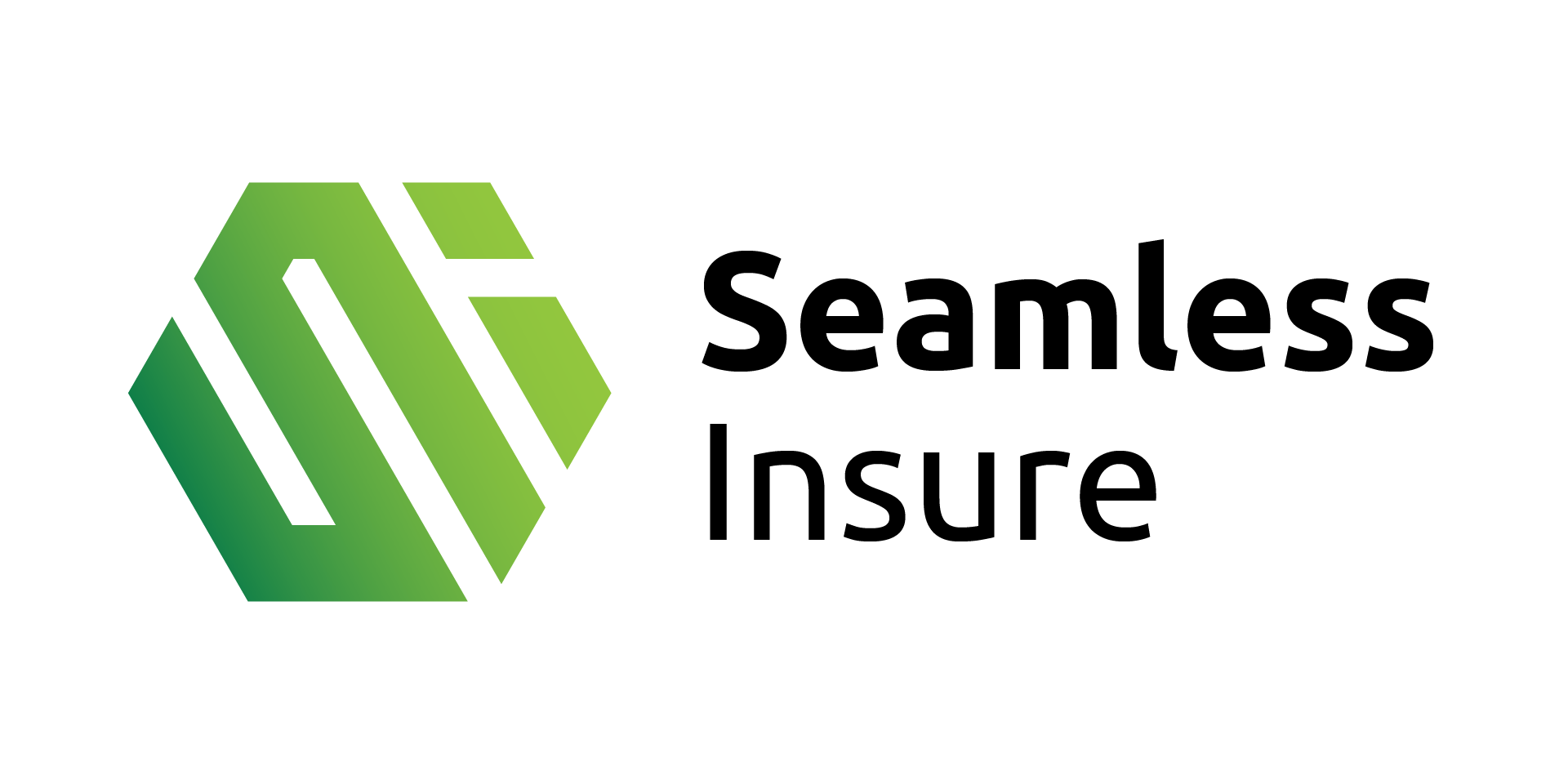
Transforming the Insurance Industry: Investments in Tech Modernization
The insurance industry is undergoing a major transformation as technology continues to reshape the way businesses operate. Digital disruption is a norm in the era. Insurance companies are recognizing the need to embrace technology and modernize their operations to stay competitive in the market. This article explores the significant investments being made in tech modernization within the insurance industry. Also, the impact they have on improving customer experiences, operational efficiency, and risk management.
Enhancing Customer Experiences
One of the key areas where investments in tech modernization are making a significant impact is customer experience. Insurance companies are leveraging cutting-edge technologies. Such as artificial intelligence (AI), machine learning (ML), and big data analytics to better understand customer needs, personalize services, and streamline interactions. Advanced chatbots and virtual assistants are being deployed to handle routine customer inquiries and provide instant support, reducing response times and improving overall satisfaction.
Insurtech startups are also emerging, leveraging technology to disrupt traditional insurance models. At this point, these startups are introducing innovative digital platforms and mobile applications that offer seamless user experiences, simplified policy management, and real-time claims processing. After investing in such technologies, insurance companies can enhance customer engagement, attract new demographics, and retain existing policyholders.
Operational Efficiency and Automation for the Insurance Industry
Another area where tech modernization is making a significant impact is operational efficiency. All things considered, insurance companies deal with massive volumes of data, complex underwriting processes, and lengthy claims procedures. By embracing modern technologies, insurers can automate manual tasks, streamline workflows, and reduce administrative burdens.
To automate repetitive tasks, and enable employees to focus on higher-value activities AI and automation are implemented. Data analytics and predictive modeling tools are being used to assess risk more accurately, optimize pricing models, and improve underwriting decisions. Cloud computing platforms are helping insurance companies store and process large volumes of data securely. Enabling faster data analysis and facilitating real-time collaboration among stakeholders.
Risk Management and Fraud Detection
Investments in tech modernization are also strengthening risk management and fraud detection capabilities within the insurance industry. In this case the rise of digital transactions and the increasing complexity of insurance products, insurers face new risks and challenges.
Insurtech solutions are powered by AI and ML algorithms, like Seamless.Insure is being used to detect patterns and anomalies in data, flagging potential fraud cases early on. After all, predictive analytics models are employed to identify high-risk customers and evaluate claims for potential fraud indicators. By leveraging these advanced technologies, insurance companies can proactively manage risks, reduce fraudulent claims, and ensure a more secure and sustainable business environment.
The insurance industry is in the midst of a technological revolution, fuelled by significant investments in tech modernization. Also, by embracing emerging technologies and digital solutions. The insurers can enhance customer experiences, improve operational efficiency, and strengthen risk management practices.
Investments in tech modernization enable insurers to leverage AI, ML, big data analytics, and automation to personalize services, streamline processes, and drive innovation. Moreover, these investments help insurance companies adapt to changing market dynamics, remain competitive, and unlock new business opportunities.
As the insurance industry continues to evolve. Companies that prioritize tech modernization will be better positioned to navigate the challenges. Capitalizing on the benefits offered by the digital age. By staying at the forefront of technological advancements. Insurance providers can shape a future where customer-centricity, operational efficiency, and effective risk management become the cornerstones of success.







